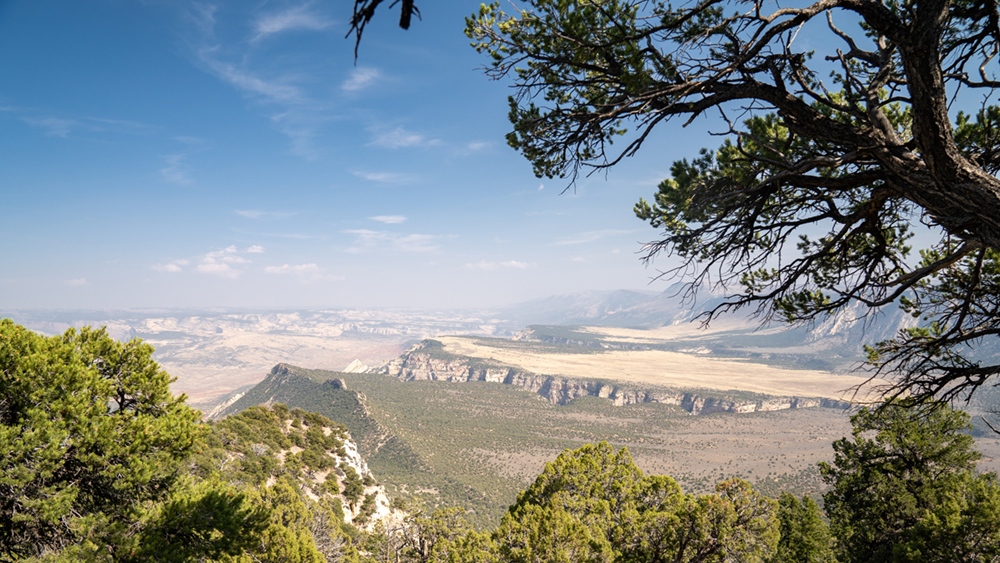- An Alliance For Community Action
- (970) 256-7650
- info@WesternColoradoAlliance.org
State adopts stronger statewide emission rules for oil & gas
Air Quality Control Commission protects disproportionately impacted communities
Western Slope community and conservation advocates today applauded the Colorado Air Quality Control Commission for adopting broad, statewide rules that require companies to perform leak detection and repair inspections with more frequency. The new leak detection rules require considerably more inspections of facilities within 1,000 feet of homes and schools and within disproportionately impacted communities, and increase overall inspections for low-producing wells.
“The Air Quality Control Commission’s vote to increase the rate of leak detection and repair inspections for all impacted communities is critically important for Western Colorado,” says Rodger Steen, chair of the Western Colorado Alliance’s Oil & Gas Committee. “All wells need to be inspected for leaks and all people deserve protections from toxic emissions, no matter where they live. These rules protect people, keep our air clean, and reduce methane emissions to help us limit the impacts of climate change.”
The final rules adopted Friday are designed to curb emissions of methane, ozone and other gases from oil and gas facilities statewide, and are required under Colorado law to be adopted before January 1, 2022. They cover a wide range of infrastructure and activities undertaken by oil and gas operators, but some of the most significant debate occurred around two topics:
- Leak detection and repair, particularly the frequency of inspections required;
- Disproportionately Impacted Communities, and whether those on the Western Slope should be provided the same level of protection as those along the Front Range where ozone is a major public health issue;
The leak detection and repair rules going forward require oil and gas operators to conduct more frequent inspections of well sites and other infrastructure using the special cameras and other methods, and make repairs when emissions are discovered. Proponents across Colorado of stronger rules applauded the state for taking a major step forward and setting a national example.
In addition to requiring more frequent inspections for leaks within 1,000 feet of disproportionately impacted communities, the new rules require, at a minimum, yearly inspections of low-producing wells previously subject to just a single, once-in-a-lifetime leak detection inspection. There are thousands of low-producing wells in Colorado that have not been inspected since 2016, according to testimony provided by the Western Colorado Alliance attorney Matt Sura.
The largest facilities within disproportionately impacted communities and within 1,000 feet of homes will now be inspected monthly with optical gas imaging cameras. All new oil and gas facilities will also be inspected monthly.
Some of the Commissioners struggled with the broad definition of a disproportionately impacted community in HB21-1261, the state law that requires protections and mitigation for such communities that are the site of intensive oil and gas development, and often less prosperous and more racially diverse. Battlement Mesa in Garfield County and Commerce City outside Denver are examples of such communities. Ultimately, they recognized that disproportionately impacted communities across the state deserve greater protections.
“Everyone wants to breathe clean air free from pollution and industry should do the work to ensure people living next to these facilities are safe,” says Leslie Robinson, Chair of the Grand Valley Citizens Alliance. “These are commonsense rules, people on the Western Slope deserve the same level of protection as people living on the Front Range.”


